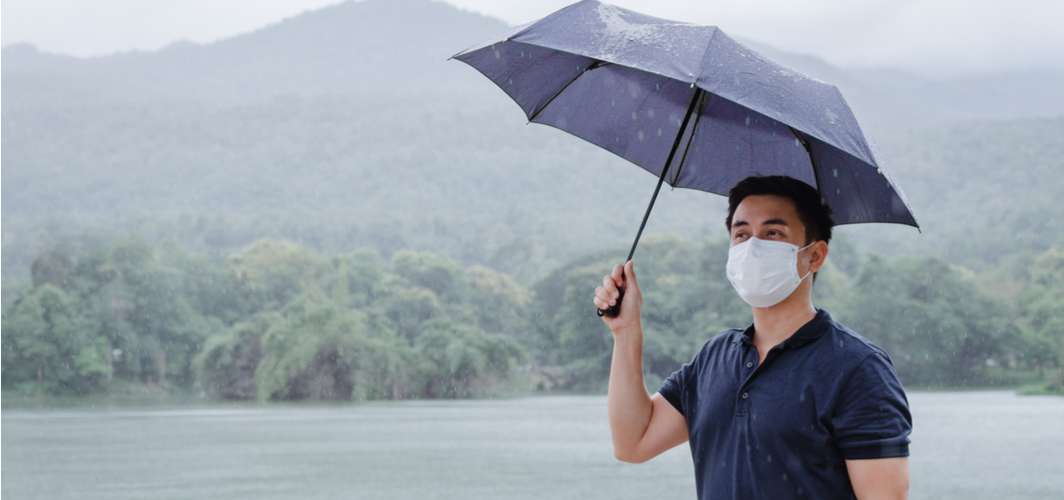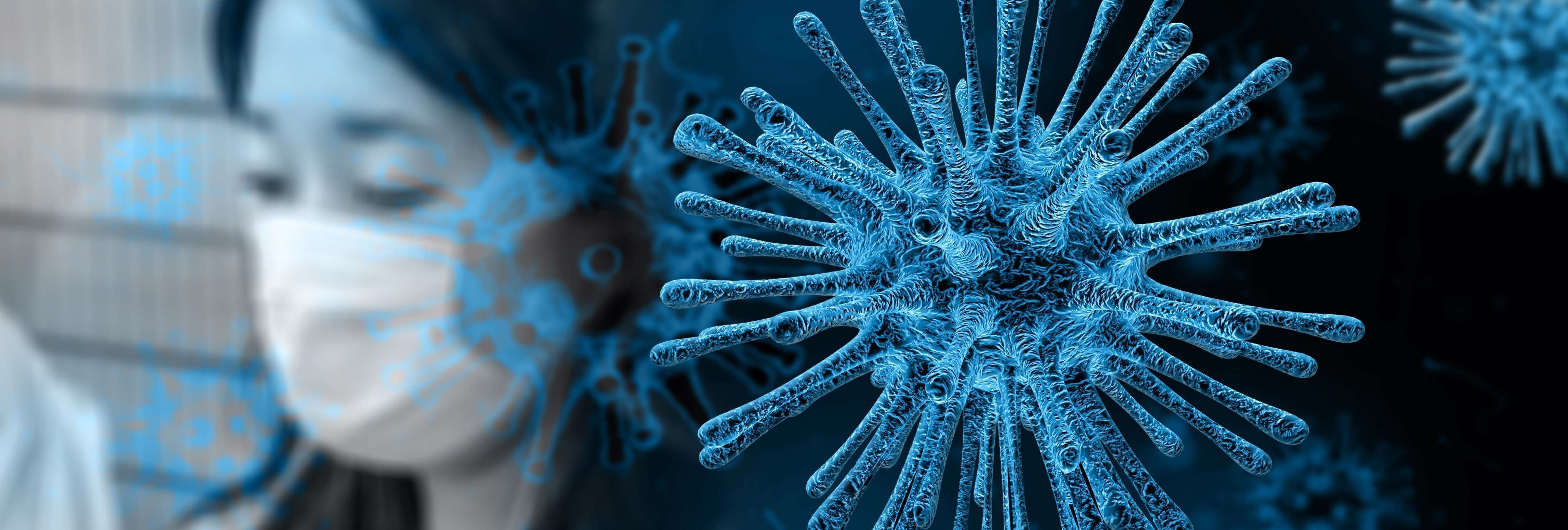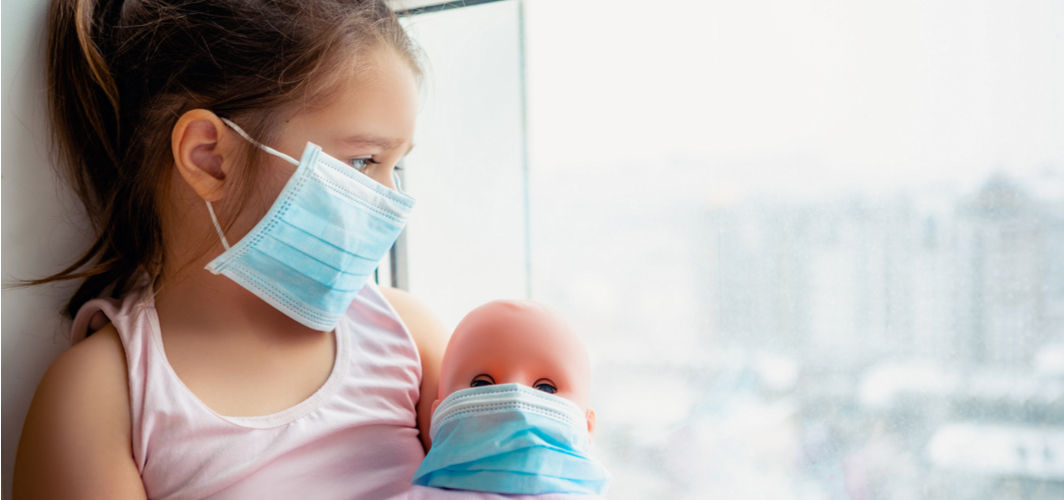Coronavirus Updates
Will COVID-19 Infections Increase During the Monsoon Season?
5 min read
By Apollo 24/7, Published on - 24 August 2020, Updated on - 18 October 2022
Share this article
1
30 likes

How weather impacts similar disease-causing viruses
Can the monsoon season impact the spread of the Coronavirus?
How to protect yourself against Coronavirus and other infectious diseases during monsoon?
- Drink boiled, treated or purified water as it can be one of the many breeding sources for diseases like cholera, typhoid, jaundice, Hepatitis A, and gastroenteritis.
- Wash your hands with soap and water always before and after your meals, while sneezing and coughing, and after using the restroom.
- During monsoon, try to eat foods that help in boosting your immunity. For example, include more fruits and green leafy vegetables and herbs like garlic and pepper in your diet. Avoid or reduce consumption of food from outside during the rainy season.
- Make sure you stay hydrated by drinking plenty of water and juices. Staying hydrated can help in fighting infections.
- Always cover your mouth and nose with a handkerchief while coughing or sneezing. It is best to wear a mask to ensure the safety of yourself and your family members.
- Take health supplements like Vitamin C, Vitamin D, and Zinc to bolster your immunity.
- If you are already suffering from an infectious disease like influenza, avoid sharing your food and drinks with anyone.
- Avoid crowded places and limit your contact with others as much as possible to avoid spreading the infection further.
Prevention is the best cure
Coronavirus Updates
Leave Comment
Recommended for you

Coronavirus Updates
Do You Have COVID-19, a Common Cold, or Just a Seasonal Allergy?
It is well known by now that COVID-19 has several symptoms that overlap with those of common cold and seasonal allergies.

Coronavirus Updates
Can a Person Get Infected by Coronavirus Twice?
Reinfection with Coronavirus is possible if people do not take precautionary measures such as wearing masks, getting vaccinated, etc.

Coronavirus Updates
Children and Long Covid: What Is Known so Far
The rise in infections among children is putting them at an increased risk of long COVID as well. The long COVID symptoms observed in children are similar to those experienced by adults.
Subscribe
Sign up for our free Health Library Daily Newsletter
Get doctor-approved health tips, news, and more.
Visual Stories

Explained: The Highly Transmissible SARS-CoV-2 Variants
Tap to continue exploring
Recommended for you

Coronavirus Updates
Do You Have COVID-19, a Common Cold, or Just a Seasonal Allergy?
It is well known by now that COVID-19 has several symptoms that overlap with those of common cold and seasonal allergies.

Coronavirus Updates
Can a Person Get Infected by Coronavirus Twice?
Reinfection with Coronavirus is possible if people do not take precautionary measures such as wearing masks, getting vaccinated, etc.

Coronavirus Updates
Children and Long Covid: What Is Known so Far
The rise in infections among children is putting them at an increased risk of long COVID as well. The long COVID symptoms observed in children are similar to those experienced by adults.